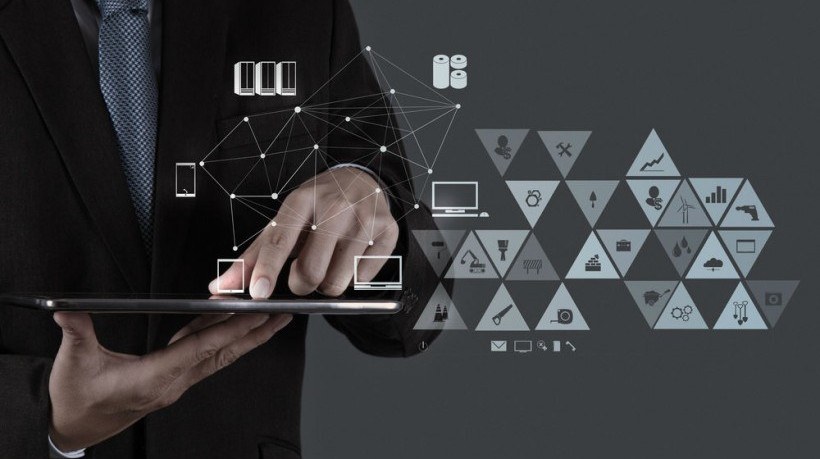What Is The Future Of The Learning Management System?
Let’s face it; with regard to technology, things are changing pretty quickly out there. And it’s not so much survival of the fittest organisation anymore, rather it’s survival of the quickest to adapt to what might often be seen in retrospect as a risky and anti-orthodoxy option. We are literally living in an age where innovative ideas that work might be the most valuable resource on the planet.
By way of introduction to this geek article, I should admit that I am not really a geek in the “Big Bang Theory” sense: I don’t read comics, play computer games, have any Doctor Who models, or like Star Trek/Wars. I am actually a humanist and I firmly believe human-to-human interaction is key to successful learning. Moreover, I also hold that real human-to-human teaching/learning is full of valuable subliminal learning events that may trigger, for instance, greater levels of motivation, self-esteem, critical thinking, emotional development, or compassion for others in society. I would even assert that technologies that break the traditional human-to-human learner-teacher bond (e.g. futuristic visions of artificial intelligence) may fail if used in a way that supersedes this bond.
The topic of this article is, are the days of the Learning Management System providing “it all under one roof” services numbered? It might appear incongruous to question the future of Learning Management Systems when one considers the uptake of top educational Learning Management Systems such as Moodle or Blackboard. Here, however, is an interesting article on Learning Management Systems and app trends by Ryan Craig that really resonated with me; it is asserted that most students’ preferred tool for digital interaction is their smartphone and “in a world of apps, there is no LMS. Each app is designed from first principles to maximise student outcomes and purpose-built”.
I am also a strong supporter of using purpose-built educational apps. And, I must admit in light of the speed of development of the big smartphone players, I have been moving further into a post-LMS camp for some time now. Additionally, the well known trends in smartphone worldwide usage suggest the innovative and challenging bite-sized approach to content presentation would also be utilised in specialised educational style apps which could eventually provide impressive optional ways of presenting such content. Some obvious challenges however will be the speed of wide scale implementation, the cost of future proofed app (re)development, the way management of apps is undertaken, or the way app content is provided across chosen platforms. Educational app courses and their app users would still need to be managed, hence we still need a management system, and, as stated, human-to-human interaction needs to be an important criterion of any online learning.
In a nutshell, in the years to come, we have to move away from, dare I say, “Dropbox”-style Learning Management Systems that have a bias towards the purportedly-pedagogically-sound text-based (social)-constructivist activities, to much smarter, universally accessible Learning Management Systems; ones that can learn, think, adapt, and take action in a way that allows for personalisation of learning, and in a way that reinforces (live) human-to-human interaction. We also require a new name (e.g. not LMS, CMS or VLE). In short, we need a phoenix AI student-teacher facilitator system.







